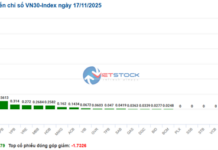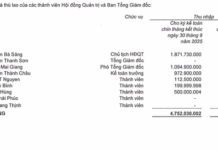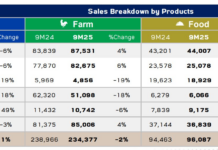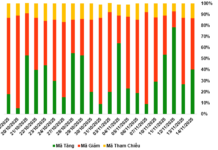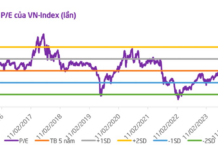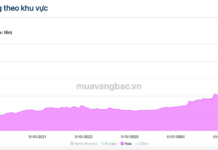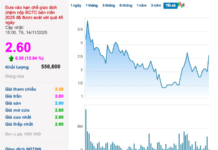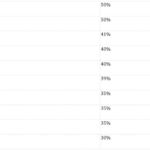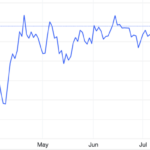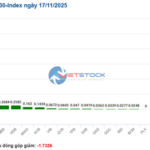
Illustration
According to Oilprice, India’s two largest oil refineries have swiftly pivoted to alternative sources, securing approximately 22 million barrels of non-Russian crude oil for delivery in September and October. This move comes after US President Donald Trump signed an executive order imposing additional tariffs of up to 25% on oil imports from India due to the country’s continued purchases of Russian oil despite prior warnings.
According to Reuters, these crude oil shipments were purchased through the spot market – a channel that is not usually the preferred choice for state-owned refineries such as Indian Oil Corp. (IOC) and Bharat Petroleum (BPCL). However, faced with the threat of tariffs, the refineries proactively shifted to non-Russian suppliers to maintain a stable energy supply chain.
Specifically, IOC procured 2 million barrels of US Mars crude, 2 million barrels of Brazilian crude, and 1 million barrels of Libyan crude. Prior to this, the corporation had also signed deals to purchase an additional 8 million barrels from suppliers in the Middle East, the US, Canada, and Nigeria.
This development occurs as Washington ramps up pressure on New Delhi. Earlier this week, President Trump announced an increase in overall tariffs on imports from India to 50%, criticizing the country’s continued imports of Russian oil. The Indian government deemed this move unreasonable and unfair, emphasizing that both the US and the European Union continue to import certain goods from Russia despite their strong foreign policy stances.
In an official statement, the Indian Ministry of External Affairs asserted that the country’s oil import decisions are based on market considerations and aimed at ensuring energy security for its 1.4 billion people.
Nevertheless, the state-owned refineries in India are adopting a more cautious approach. Trading sources indicate that the refineries will refrain from purchasing crude oil on the spot market in the next cycle, awaiting clear directives from the government regarding oil import policies amidst the volatile geopolitical landscape. Concurrently, the Indian government has instructed oil refining companies to proactively seek alternative sources to ensure uninterrupted fuel supplies in the coming months.
Additionally, the US is considering secondary sanctions to increase pressure on Russia to end the conflict in Ukraine. When asked about the possibility of tariffs on China, President Trump stated, “That could happen… I couldn’t tell you that yet. We’ve done that with India, and we may do it with some other countries. One of them might be China.”
The Trump Administration’s Tariff Details on US Trading Partners
On August 7th, the new round of countervailing duties took effect for countries and territories trading with the United States.
The Global Crypto Market Surpasses $4,000 Billion Milestone as the US Passes Landmark Legislation.
The global cryptocurrency market has surpassed a staggering milestone, reaching a $4 trillion market cap for the first time. This unprecedented achievement comes as investors anticipate a flood of Wall Street capital into the industry following the US’s landmark decision to adopt pivotal cryptocurrency legislation. This pivotal moment underscores the mainstream acceptance and potential of cryptocurrencies, setting the stage for a new era in digital finance.

